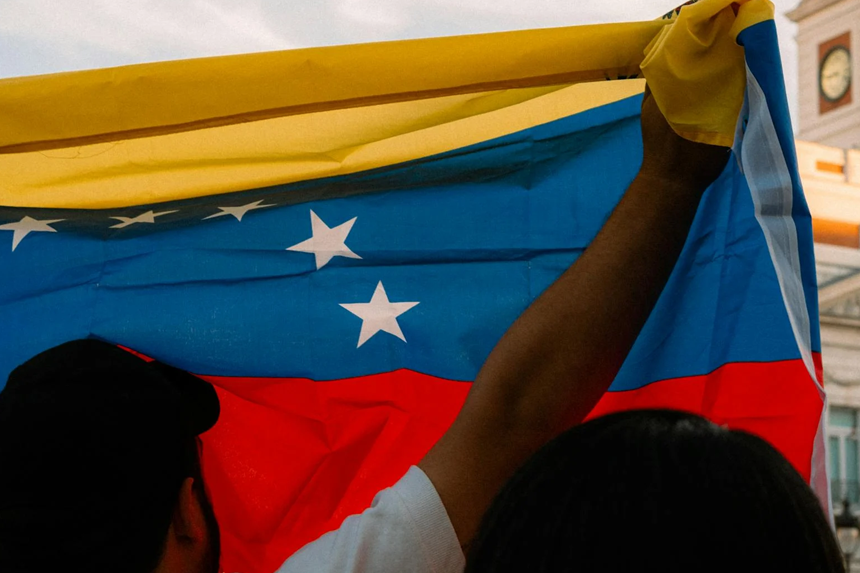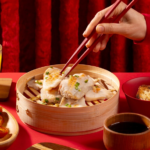Leader of the Vente Venezuela party in Trujillo state Reinaldo Araujo was arrested in January amid anti-government demonstrations related to the Venezuela Crisis. His party claims that on January 9 he was monitoring a protest against President Nicolás Maduro when he was taken under custody by masked men. The demonstration happened on the eve of third term swearing-in for Maduro. Araujo’s wife claimed he was taken into prison right after returning from a medical checkup.
His detention fit a larger campaign against activists and opposition leaders who have criticised Maduro’s regime. Political detentions have surged in response to government agents aiming after people who question the validity of the government. Human rights organizations claim that security authorities now frequently employ arbitrary arrests and forced disappearances as means of instilling terror among activists and stifling opposition.
What circumstances surrounded his death?
Araujo’s wife accused the government of not giving him the required medical treatment since he had been suffering from health issues. Saying, “We hold the regime of Nicolás Maduro responsible for his death,” Vente Venezuela’s chief, María Corina Machado, squarely criticized the government. The Venezuela Crisis has heightened worries regarding political prisoner mistreatment.
Araujo is among twenty political prisoners who have passed away while under arrest according to the Venezuelan Prison Observatory, an NGO tracking detention conditions. Although his wife had cautioned officials about his declining health, she said they did nothing until it was too late.
Araujo’s story is not unusual since many opposition leaders have perished in Venezuelan prisons from severe conditions, torture, or neglect. According to reports, inmates sometimes endure physical violence, lack of medical aid, and crowding. Human rights groups have pushed the world community to get involved and demand responsibility for these tragedies.
What Has the International Community Said?
Head of the regional Organization of American States (OAS), Luis Almagro called Araujo’s death a “new atrocity of the regime.” “No more political prisoners, no more torture, no more death,” he said also. Almagro has regularly attacked Maduro’s government, charging it of silencing opposition views both before and following the divisive July presidential election, hence aggravating the Venezuela Crisis.
Almagro’s worries have been repeated by the European Union, the United Nations, and several human rights groups. Demand for independent inquiries on Araujo’s death as well as the larger abuse of political detainees has been mounting. Certain world leaders have suggested extra penalties on Venezuelan officials guilty of violating human rights.
Notwithstanding this, the Maduro government claims that the justice system runs fairly and independently and has discounted these charges as foreign intervention. Opponents counter that Venezuela’s court system is only a tool used to quell dissent, essentially an extension of the ruling party.
Was the Election open and fair?
Closely allied with the government, the National Electoral Council (CNE) declared Maduro the winner but omitted to offer comprehensive voting totals. Declaring the CNE “biased towards the government,” the OAS’s election observation department rejected to accept the results.
Arguing that their independent voting totals—supported by official election observers—showcased that opposition candidate Edmundo González had won by a substantial margin, the opposition alliance also objected to the official results. In response, the opposition planned events on the eve of Maduro’s inauguration one of which resulted in Araujo’s detention. Protests and worldwide condemnation directed against the government have helped to aggravate the Venezuela crisis.
Years of investigation have seen claims of voter suppression, falsified vote counting, and intimidation at polling places surround Venezuelan elections. Frustrated by years of political repression and economic downturn, many Venezuelans had hoped for change through the democratic process only to find further letdown. Fair elections will remain unreachable as long as the electoral authority stays under government control, experts warn.
What transpired with other arrested demonstrators?
According to the Venezuelan Prison Observatory, hundreds of activists were arrested in the days preceding Maduro’s inauguration and housed in prisons infamous for mistreating their captives. Among those imprisoned was Rafael Tudares, the son-in-law of Edmundo González, an opposition leader. According to his wife, she has not heard anything about his location since his January 7 detention by security agents.
She also charged the administration of pressuring Edmundo González, who is now in exile and visiting presidents all around, using her husband as a political tool. Many of these leaders acknowledge González as Venezuela’s rightful leader.
Human rights organizations and foreign agencies have sharply criticised the arrests of opposition members. Families of the incarcerated people have documented instances of forced disappearances, in which case officials hide prisoner locations. Many detainees are kept incommunicado for weeks or months, which makes it challenging for their family and attorneys to offer support.
What Actions Should the Opposition Take Going Forward?
Rising foreign criticism and continuous demonstrations help the opposition to question Maduro’s legitimacy. With activists calling for responsibility for the maltreatment of political prisoners including Araujo, the demands for justice for them are growing. Opposition leaders are pushing international agencies to act more aggressively against the Venezuelan government concurrently.
Millions of Venezuelans are suffering under food shortages, economic crisis, and a failing healthcare system; the crisis has placed the nation in political unrest. Disappointed by the present regime, many people keep leaving their country and seeking safety abroad. Those who stay behind, however, experience growing government persecution and future uncertainty.
To compel the government into changes, opposition leaders have urged more demonstrations and strikes. Still, the likelihood of violence and government crackdowns is really great. Seeking diplomatic backing from regional friends, some activists have also aimed to create an international coalition against the rule of Maduro.
The death of Araujo has heightened tensions in Venezuela and given grave questions regarding human rights abuses and the course of political opposition under Maduro’s presidency. Activists and world leaders are demanding quick changes and justice for political repression victims as the Venezuela Crisis gets more severe.
Rising opposition nevertheless, Maduro’s government is stubborn and shows no signs of caving in to local or foreign pressure. Whether Venezuela will undergo significant transformation or keep along the road of political and economic turmoil will depend mostly on the next months. The fight for democracy in Venezuela is obviously far from done.








